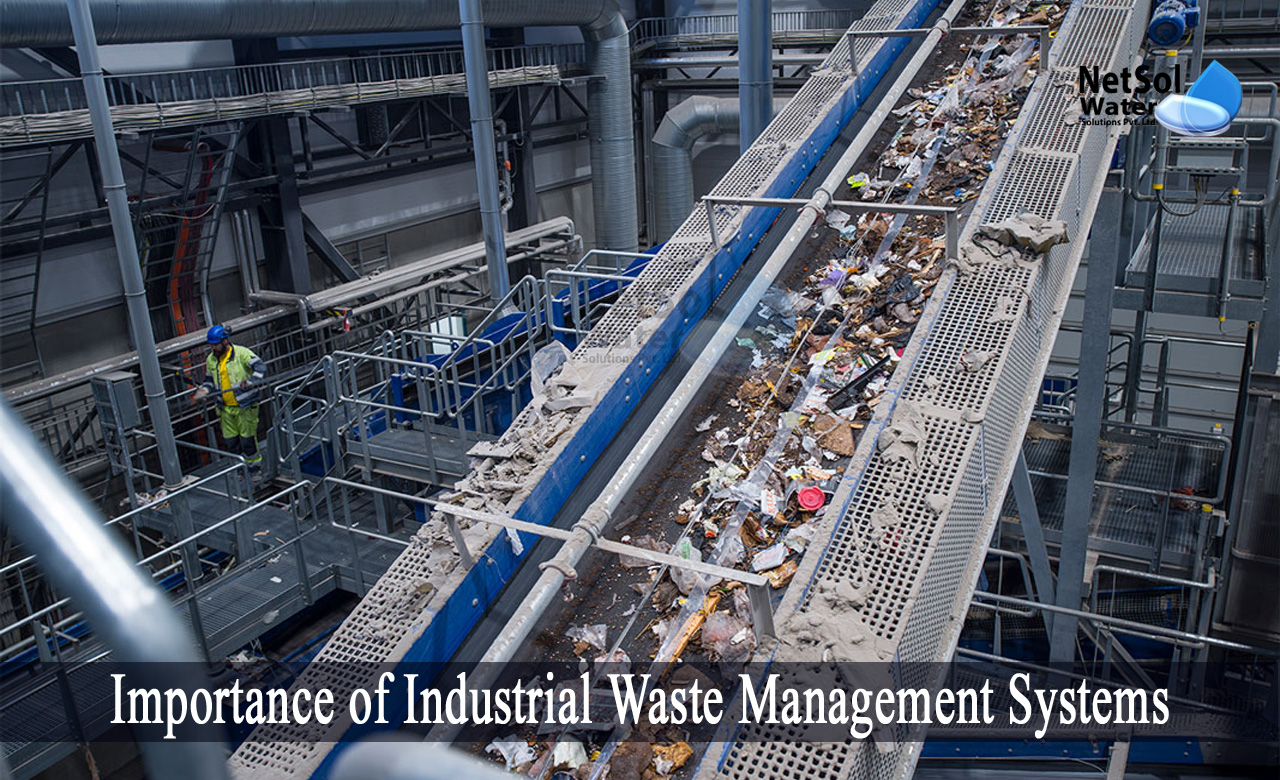9 Easy Facts About Reclaim Waste Explained
9 Easy Facts About Reclaim Waste Explained
Blog Article
A Biased View of Reclaim Waste
Table of ContentsThe Main Principles Of Reclaim Waste Unknown Facts About Reclaim WasteUnknown Facts About Reclaim WasteThe Definitive Guide for Reclaim WasteReclaim Waste for Beginners
Explore the types, events, and forms of fluid waste. Residential sewage waste refers to the waste and products from a property septic system. This kind of waste is produced by human beings in homes, institutions, and other buildings. This only consists of septic systems that have a drain field. The correct management and disposal of domestic sewage waste require fluid waste to be transferred to a sewage therapy plant where the proper approaches and equipment are used to purify and get rid of waste.
Business waste typically consists of potential dangers, such as flammable materials or a combination of fluid and solid waste products, and needs an advanced and in-depth disposal procedure. The disposal of commercial waste usually entails the filtration of waste before transportation to make sure secure and proper disposal. Industrial waste is produced from by-products and overflow of commercial processes and production.
This type of waste can not utilize the exact same sewer monitoring transport or procedures as septic or business fluids. The hazardous waste monitoring procedure calls for the examination and screening of fluid waste prior to it undergoes the disposal process (liquid waste removal). Overflow waste is the liquid waste that comes from runoff and excess stormwater in highly populated locations or cities
Overflow waste can cause contamination and flooding if not handled appropriately. Making certain proper waste management can protect against catastrophes and reduce environmental damage.
The Greatest Guide To Reclaim Waste
Contact PROS Solutions today to learn more about our waste management and disposal solutions and the correct ways to take care of the fluid waste you generate.
(https://www.edocr.com/v/pd6avrzq/leonaube33101/reclaim-waste)This so-called 'wastewater' is not just an important source but, after therapy, will be released to our land, rivers or the sea. Utilized water from commodes, showers, baths, cooking area sinks, laundries and industrial procedures is known as wastewater.

water made use of to cool machinery or tidy plant and equipment). Stormwater, a type of wastewater, is overflow that flows from agricultural and metropolitan locations such as roofing systems, parks, yards, roadways, paths and rain gutters right into stormwater drains pipes, after rain. Stormwater streams untreated directly to regional creeks or rivers, at some point reaching the ocean.
The Buzz on Reclaim Waste
In Queensland, many wastewater is treated at sewage treatment plants. Wastewater is carried from residential or commercial sites through a system of sewers and pump stations, known as sewerage reticulation, to a sewer therapy plant. Neighborhood federal governments construct, preserve and operate most sewage treatment plants. Operators are licensed under the Environmental Management Act 1994 to discharge cured wastewater at an appropriate ecological requirement into waterways.
The Department of Natural Resources advises city governments regarding managing, operating and keeping sewage systems and treatment plants. In unsewered areas, local governments may need homeowners to set up private or home sewer therapy systems to treat domestic wastewater from bathrooms, cooking areas, restrooms and washings. The Department of Natural Resources authorises using household systems when they are shown to be effective.
In some new class, treatment of some stormwater to eliminate litter, sand and gravel has actually begun utilizing gross pollutant traps. Wastewater therapy occurs in 4 phases: Removes strong issue.
Utilizes small living organisms recognizes as micro-organisms to break down and remove staying liquified wastes and great fragments. Micro-organisms and wastes are included in the sludge.
The Basic Principles Of Reclaim Waste
Nutrient elimination is not readily available at all sewage therapy plants due to the fact that it calls for costly specialised equipment. Clear fluid effluent created after treatment may still have disease-causing micro-organisms - industrial wastewater treatment.

This normally indicates wastewater has to be dealt with or pollutants removed prior to it can be released to waterways. A lot of wastewater moves into the sewage system. Under the Act, regional federal dig this governments provide authorizations and permits for ecologically relevant tasks (Ages) involving wastewater launches that might have a local influence. The department administers authorizations and licences to Ages involving wastewater launches that might have a local or statewide impact.
9 Simple Techniques For Reclaim Waste
Surveillance gives valid details concerning water quality and can confirm that permit problems are being fulfilled. The details gotten with tracking supplies the basis for making water high quality decisions.
Report this page